In the operation of industrial water chillers, water circulation is indispensable. In order to ensure that industrial water chillers work to reduce their own losses and ensure longevity, the quality of water in the water chiller working process is also very important.
Industrial chillers usually need to use high-quality water to ensure the normal operation and long-term stability of the equipment. In general, the conditions of the factory can use the following types of water for work.
Deionized Water:
Deionized water is one of the most commonly used chiller cooling media. It is pure water with most of the ions and impurities removed, which can effectively reduce the impact of scale and corrosion on the equipment.
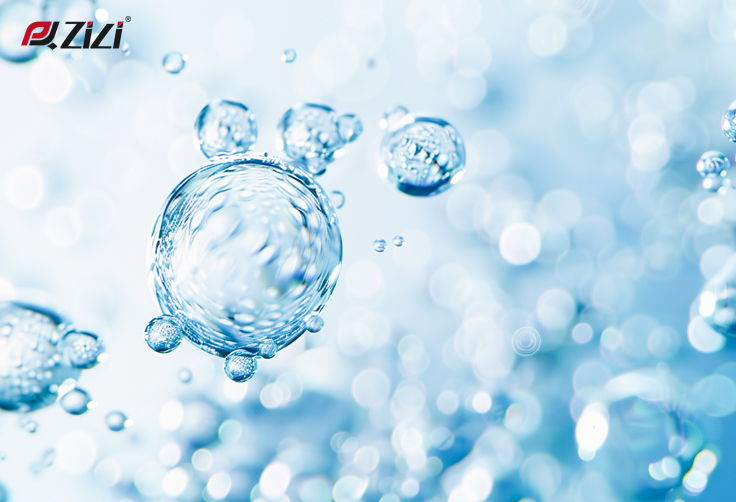
Distilled Water:
Distilled water is also a common choice because it has a high purity after the distillation process to remove most of the impurities and ions.
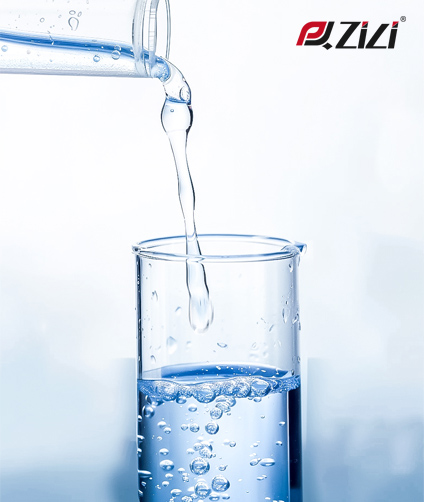
Softened Water:
By removing hard water components (such as calcium and magnesium) from the water, softened water can reduce scale and corrosion problems. But in some cases, it may require further treatment to meet chiller requirements.
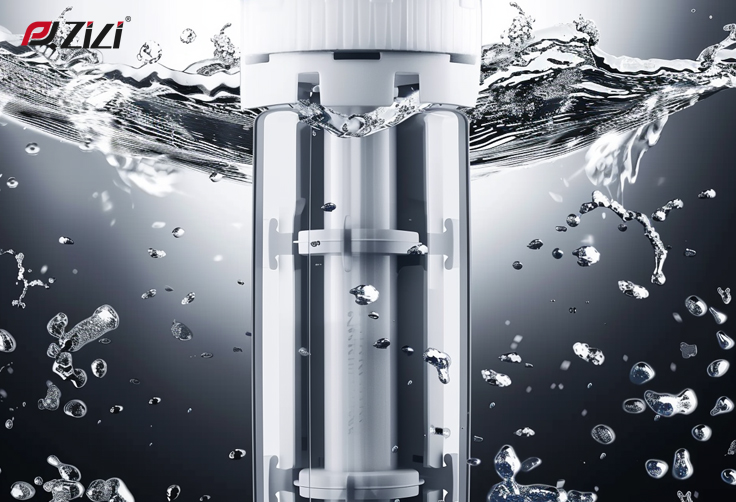
Purified Water:
Purified water is high purity water obtained through a variety of treatment methods (e.g. reverse osmosis, ion exchange, etc.) and is also suitable for use in industrial chillers.
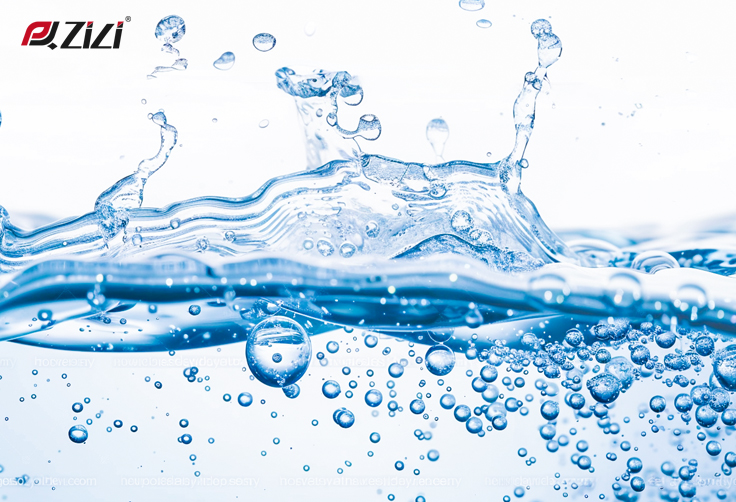
In the process of daily work use, if the water quality can not meet the standard, such as only using ordinary tap water, it may lead to the following problems:
Scale and corrosion: Tap water contains a variety of dissolved salts and impurities, such as calcium, magnesium, iron, etc. Long-term use will lead to scale accumulation inside the chiller, affecting the cooling efficiency of the equipment, and may cause corrosion.
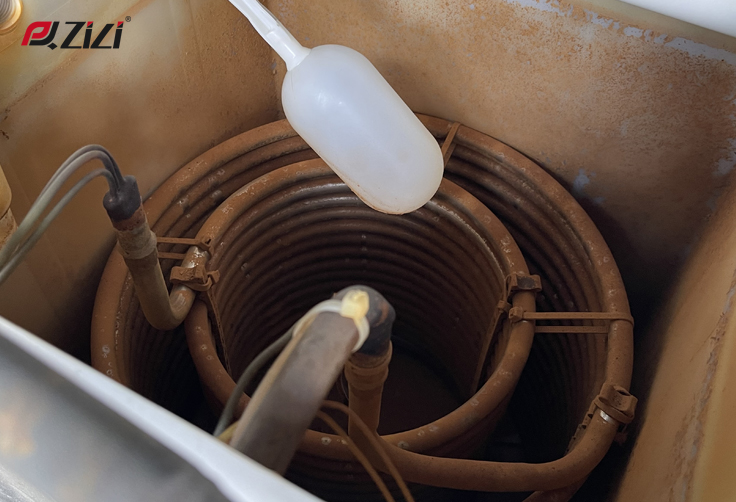
Bacteria and microorganisms: Tap water may contain bacteria and microorganisms that multiply inside the chiller, leading to contamination of the water system and degradation of equipment performance.
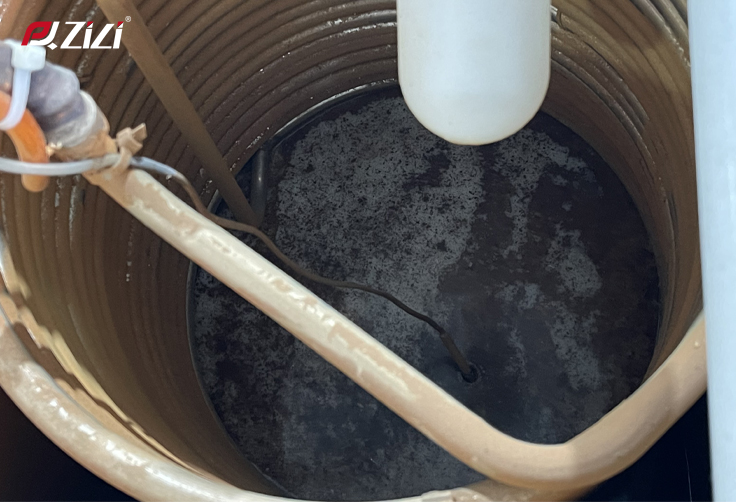
Pipe clogging: Particles and impurities in tap water may accumulate in chiller pipes, leading to pipe clogging and poor water flow.
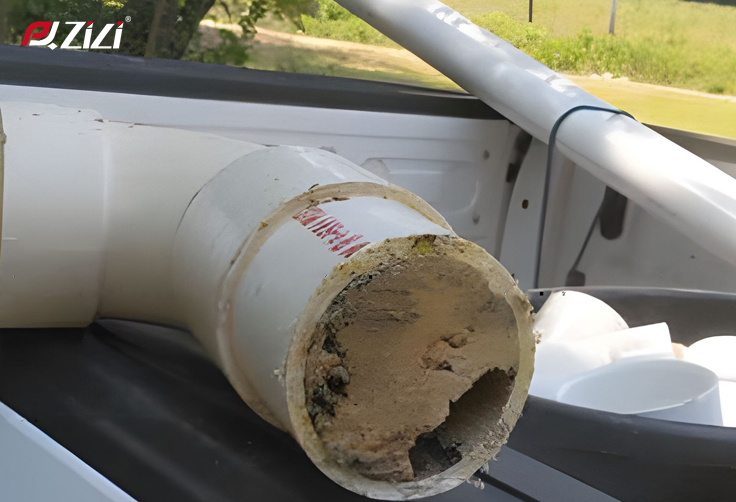
Impact on equipment life: Long-term use of tap water may accelerate the aging and damage of the internal parts of the chiller, and shorten the service life of the equipment.
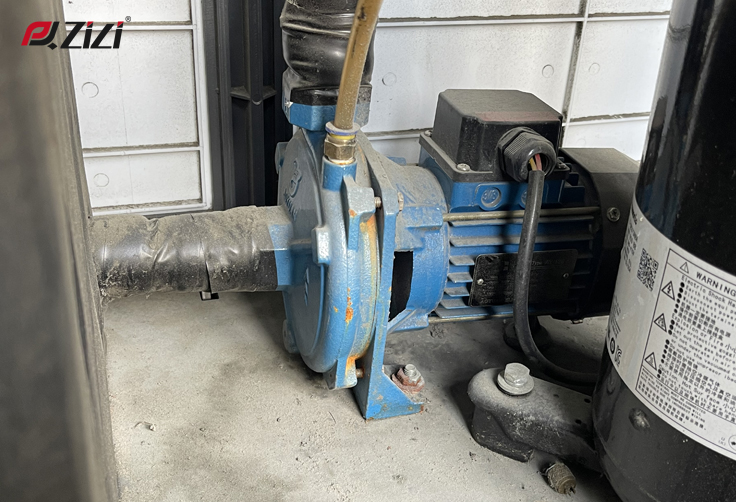
Therefore, in order to ensure the normal operation and long-term stability of the industrial chiller, it is recommended to use high-quality water sources, such as deionized water, distilled water or specially treated pure water, and avoid the direct use of tap water.
If you can not avoid the use of tap water, you should also consider installing appropriate water treatment equipment, such as water filters or softeners, to reduce the impact of water quality issues on the equipment, or timely clean and maintain the chiller, so as to do not let the residual scale on the machine.
On the question of how to clean the chiller, I has mentioned in the previous article. You can click the link to view.
If the industrial chiller needs to deal with corrosive liquids, such as acidic or alkaline liquids, it needs to be customized with special materials. It is very important to choose the right material to ensure the equipment's corrosion resistance and long-term stability. Below are some common corrosion-resistant material options:
Stainless steel: Stainless steel has excellent corrosion resistance, especially for some medium strength acidic and alkaline liquids. Different grades of stainless steel can be used in different corrosive environments, such as 304 stainless steel, 316 stainless steel.
Plastics: Specific types of plastic materials will have good corrosion resistance, such as polypropylene, polyethylene, fluorine plastic and so on. These materials are commonly used to make components such as containers, pipes and valves.
Special Alloys: Some special alloys, such as Hastelloy and Titanium Alloy, have excellent corrosion resistance and can be used to handle extremely corrosive liquids.
Fiberglass Reinforced Plastic: Fiberglass Reinforced Plastic is a composite material with good corrosion resistance and mechanical strength, which is suitable for some specific industrial corrosive environments.
The above is the interpretation of the industrial chiller circulating water quality requirements. In the purchase of water chillers, you need to consider the specific nature of the liquid handled by the industrial chiller, concentration, temperature and operating conditions and other factors. The best choice usually need to be based on the actual situation of the assessment and testing, you are able to consult our sales staff to ensure the safe and reliable operation of the equipment.